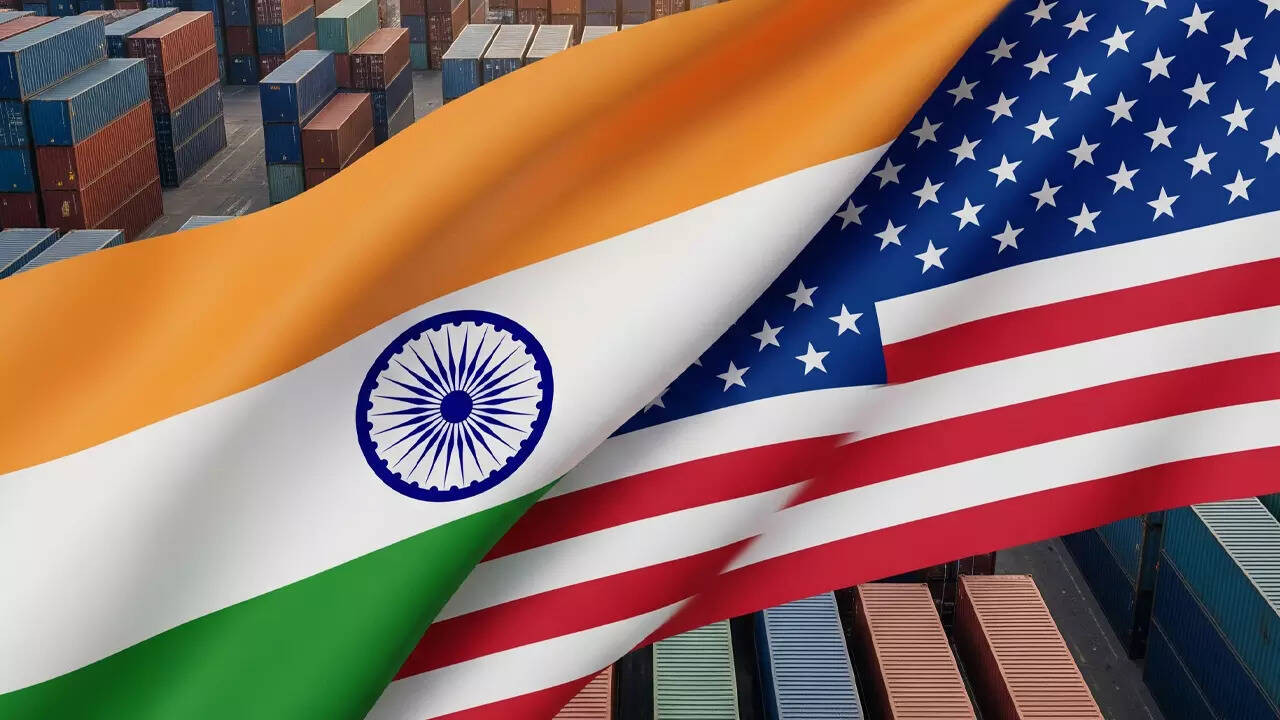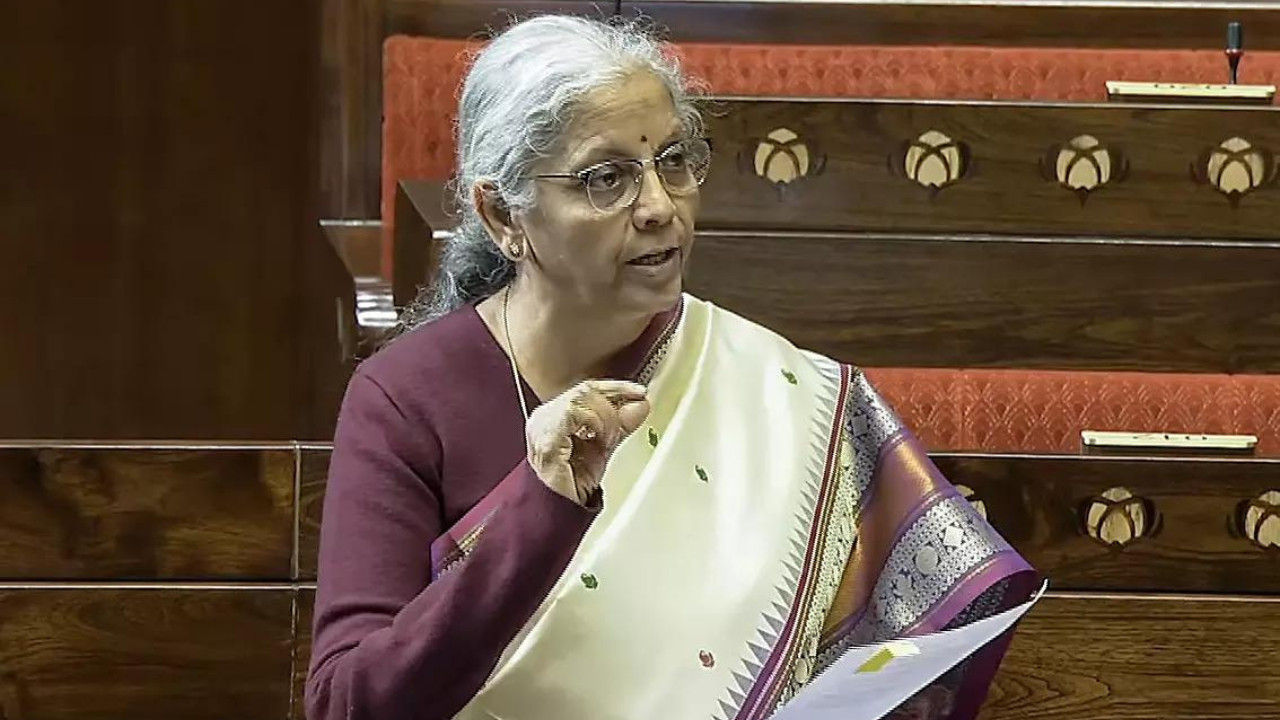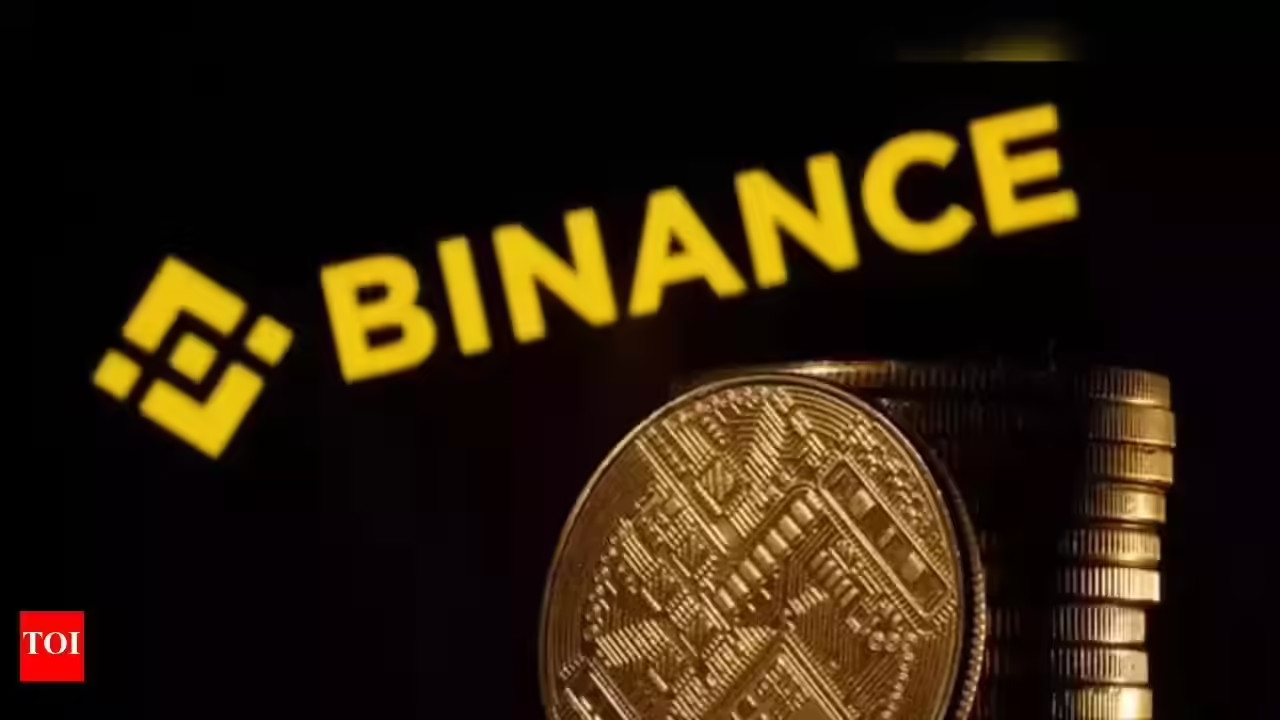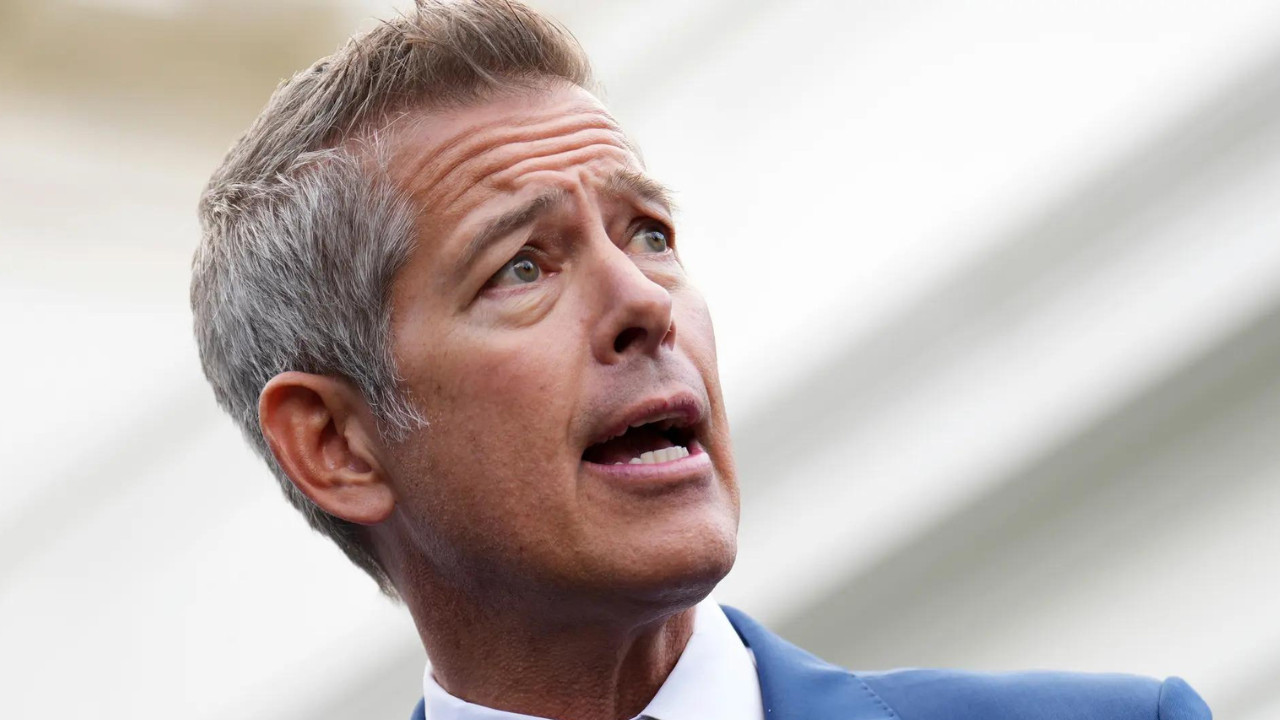Trade experts caution India against rushing into a trade agreement with the US, citing aggressive tactics even with close allies. The US has proposed tariffs on numerous countries, including the EU and Mexico, while seeking concessions from over 90 nations.
Navigating the India-US Trade Tightrope: A Deliberate Dance, Not a Hasty Leap
The air crackles with anticipation. India and the United States, two global powerhouses, are once again at the negotiating table, seeking to strengthen their economic ties. The prospect of a comprehensive trade agreement is undeniably alluring, promising significant benefits for both nations. But as these discussions gain momentum, a crucial question arises: how quickly should we expect—or even want—a deal to materialize?
The allure of a swift agreement is understandable. Both countries are eager to unlock new market opportunities, boost investment, and fortify their strategic partnership. The US sees India as a vital counterweight in Asia, while India seeks access to advanced technologies and expanded export markets. Yet, rushing into a complex trade pact could be akin to building a house on shaky foundations.
Why a Measured Approach to India-US Trade Makes Sense
Trade agreements are intricate beasts. They involve navigating a labyrinth of tariffs, regulations, intellectual property rights, and investment policies. Each clause has the potential to impact various sectors, from agriculture and manufacturing to services and technology. A premature agreement, forged under pressure to meet artificial deadlines, risks overlooking crucial details and creating unintended consequences.
One of the key concerns revolves around ensuring a level playing field for domestic industries. Indian businesses, particularly small and medium-sized enterprises (SMEs), need adequate time to adapt to increased competition from US companies. A sudden influx of cheaper imports could overwhelm these businesses, leading to job losses and economic disruption. Similarly, the US must safeguard its own strategic industries and ensure that any trade deal benefits American workers.

Furthermore, a rushed agreement may not adequately address non-tariff barriers, such as regulatory hurdles and bureaucratic delays. These subtle but significant obstacles can hinder trade flows and undermine the intended benefits of the agreement. It’s imperative to establish clear and transparent mechanisms for resolving disputes and ensuring that both countries adhere to their commitments.
Avoiding the Pitfalls of a Rushed Trade Deal
History offers cautionary tales of trade agreements that backfired due to haste and inadequate preparation. These experiences underscore the importance of thorough consultations with stakeholders, including businesses, labor unions, and civil society organizations. Their perspectives are invaluable in identifying potential pitfalls and ensuring that the agreement reflects the needs and priorities of all segments of society.
A crucial aspect of any successful trade deal is addressing the issue of intellectual property rights (IPR). While protecting IPR is essential for fostering innovation, it’s equally important to ensure that access to essential medicines and technologies remains affordable, particularly in developing countries. Striking the right balance between these competing interests is crucial for promoting both innovation and public health. You may also want to read more about the [importance of trade agreements](/trade-agreements-explained).
The Path Forward: Strategic Patience and Collaborative Dialogue
Instead of fixating on a specific timeline, the focus should be on fostering a collaborative and transparent dialogue between India and the US. This involves engaging in in-depth discussions on each other’s priorities and concerns, conducting thorough impact assessments, and developing creative solutions to address potential challenges.
The key is to build a sustainable and mutually beneficial trade relationship based on trust and understanding. This requires strategic patience, a willingness to compromise, and a commitment to long-term engagement. While the temptation to score a quick political victory may be strong, the long-term economic and strategic benefits of a well-crafted trade agreement far outweigh the short-term gains of a rushed deal. India-US trade can be the foundation for long-term prosperity.
The potential rewards of a robust India-US trade partnership are immense. But realizing this potential requires a deliberate and thoughtful approach, one that prioritizes substance over speed. Only then can we ensure that the agreement serves as a catalyst for sustainable economic growth and strengthens the bonds between these two great nations for generations to come.





